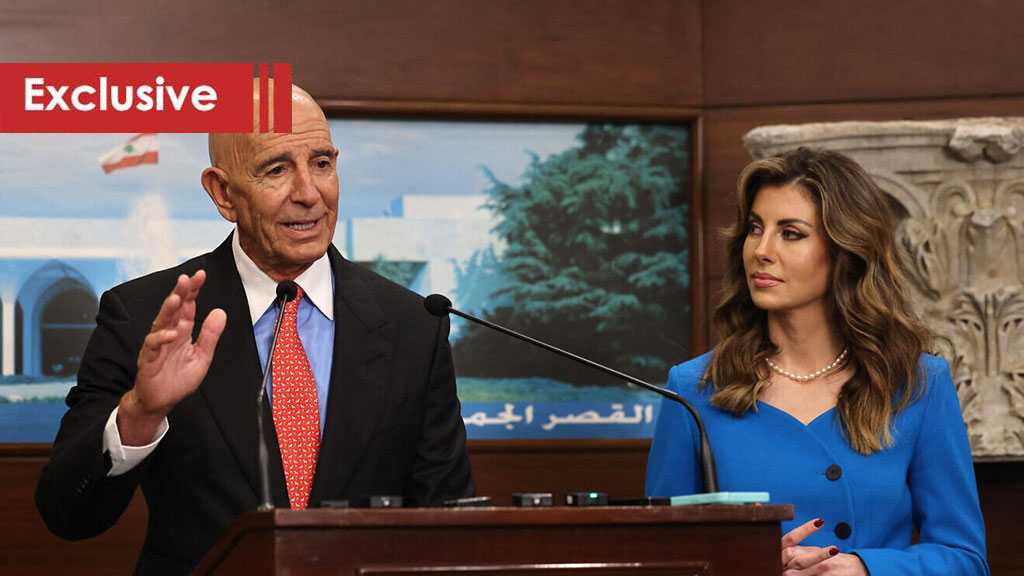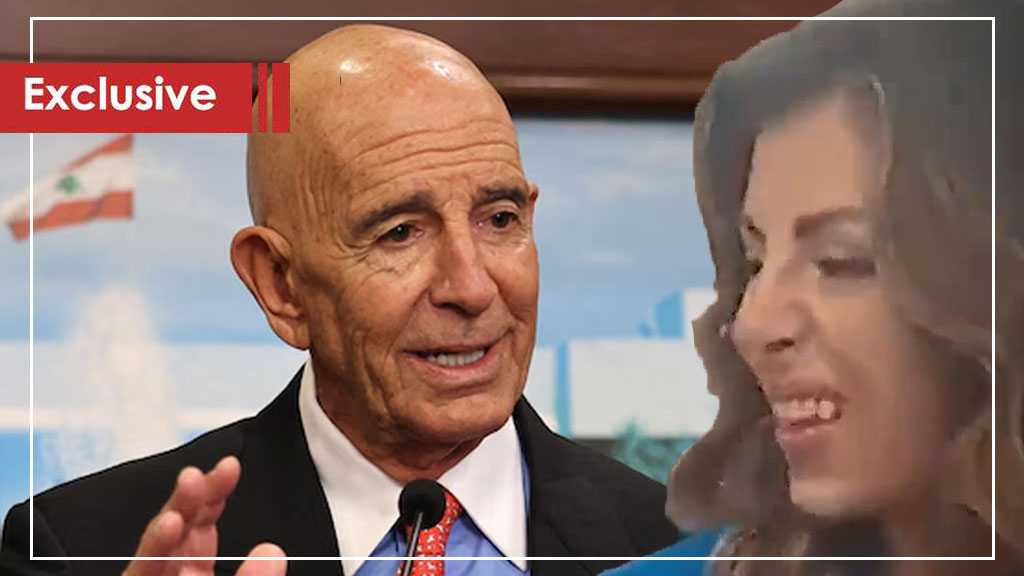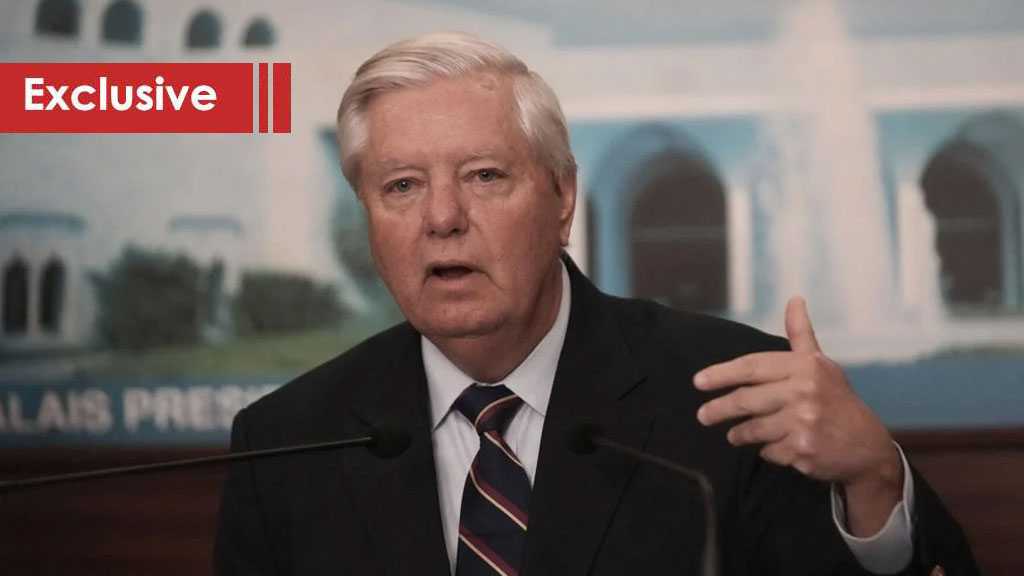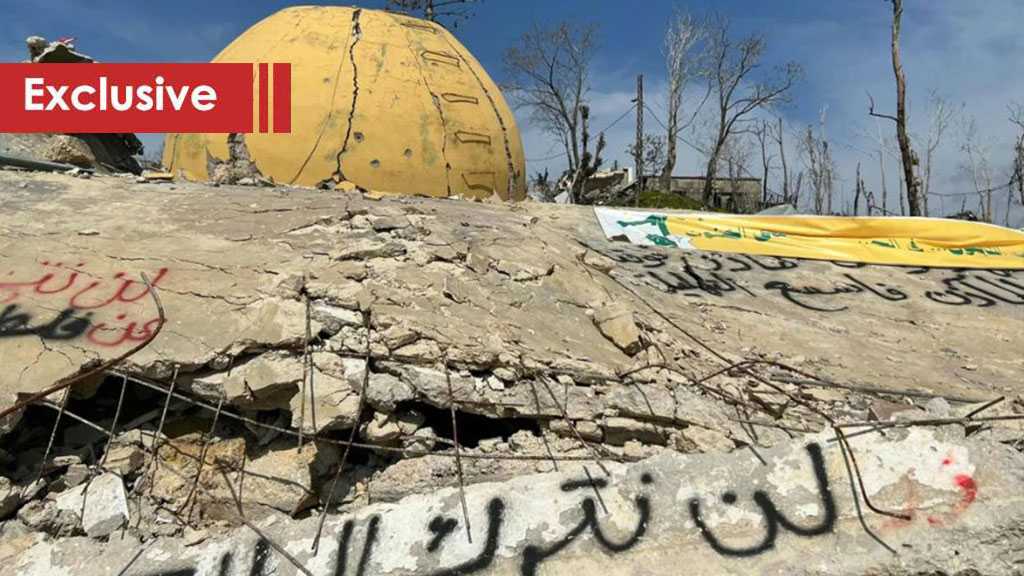“Israel” on the Brink: The Growing Threat of “Civil” War

By Mohamad Hammoud
Lebanon – Once again, alarms are sounding as the former Prime Minister of "Israel" raises concerns about an impending “civil” war, warning that the nation is facing one of its most severe internal crises since its founding in 1948.
The warning signs—political polarization, institutional erosion, and escalating violence—are growing louder. In a recent “Haaretz” article, former Prime Minister Ehud Olmert declared that "Israel" is "closer to a civil war than ever before," citing the government’s assault on democratic institutions, incitement against the judiciary, and the rise of regime-backed militias as key factors. Prominent figures, including former “Supreme Court” President Aharon Barak, have echoed these warnings about the deepening divisions within “Israeli” society.
The current crisis arises from a mix of political extremism, judicial upheaval, and societal fragmentation, fueled by the prolonged tenure of Prime Minister Benjamin Netanyahu and his far-right coalition partners. The pressing question is not if "Israel" will face “civil” conflict, but when—and how catastrophic it will be.
Erosion of Democratic Institutions
Olmert’s article underscores the systematic undermining of "Israel's" so-called “democratic” foundations. The recent attacks on the “Supreme Court” by pro-government agitators—some reportedly organized by Netanyahu himself—mark a dangerous escalation. The judiciary, once an independent institution, is now under attack, with government ministers and Knesset members openly threatening to defy court rulings they dislike.
So-called “Justice” Minister Yariv Levin has suggested that the government could boycott the “Shin Bet” [“Israel’s” internal security service] if the “High Court” rules against its policies. Other far-right figures, such as “National Security” Minister Itamar Ben-Gvir, have armed militias, raising fears of regime-sanctioned violence against political opponents. These actions resemble tactics of authoritarian regimes that dismantle independent institutions to consolidate power.
Warnings from Judicial Authorities
Echoing Olmert's apprehensions, Barak has expressed fears that “Israel” is veering toward “civil” war. Barak cites the government's dismissal of key legal figures, such as the Attorney General and the head of the “Shin Bet” security service, as alarming signs of democratic backsliding. He warns that such actions not only undermine the rule of law but also exacerbate societal divisions, potentially leading to violent confrontations.
Military Discontent and Ethical Concerns
According to “The Jerusalem Post”, unrest and ethical dilemmas are surfacing within the military. “Israeli” Occupation Forces [IOF] Chief of Staff Eyal Zamir has disciplined soldiers involved in misconduct during operations in the West Bank, raising concerns about the army's moral compass and the erosion of military discipline. These incidents reflect broader societal tensions and the challenges institutions face in maintaining ethical standards amid political turmoil.
The Role of Incitement and Polarization
Netanyahu’s government has cultivated a climate of hostility toward dissent. Media figures, judges, and military officials who criticize the government are labeled as "traitors" or "Hamas collaborators." Olmert warns that this rhetoric could lead to physical violence, with far-right militias storming TV studios, intimidating journalists, and even attacking the Knesset itself.
The parallels to pre-“civil” war scenarios are striking. When political leaders delegitimize opposition voices and incite mob violence, the risk of large-scale conflict increases dramatically. The attack on the “Supreme Court” was not an isolated incident but a precursor to more severe disruptions—potentially a forced takeover of legislative and media institutions.
Violence in the West Bank as a Prelude to “Civil” War
Unrest extends beyond political institutions. In the occupied West Bank, extremist settlers—often shielded by the military and police—commit what Olmert describes as "the closest thing to war crimes." Palestinian homes are burned, olive groves destroyed, and civilians attacked with impunity. The IOF has seen disturbing cases of soldiers participating in or condoning violence against Palestinians.
This lawlessness in the territories could easily spill over into "Israel" proper. If armed militias, emboldened by government support, target domestic political opponents, the country could plunge into open conflict. The distinction between state forces and rogue actors is already blurring, making it difficult to determine who is in control.
Public Sentiment and Societal Divisions
According to The Jerusalem Post, public opinion reflects these institutional concerns. A recent poll indicates a significant portion of “Israelis” perceive a real danger of “civil” war, with 27% agreeing with Barak's assessment and an additional 33% acknowledging the risk, albeit considering it an exaggeration. These statistics reveal deepening divisions within “Israeli” society and growing anxiety about the nation's future stability.
Conclusion
"Israel" stands at a crossroads. The erosion of what is calls “democratic” norms, the weaponization of state institutions and the rise of extremist violence have brought the entity to the brink of internal collapse. The warnings from Olmert, Barak and others should not be dismissed as hyperbole—they are a dire prediction of what may come if current trends continue.
“Israel” may soon face not just political turmoil, but a full-blown “civil” war that could shatter the entity from within unless responsible leaders—within the government, military and non-combatant society—rein in extremism, restore the rule of law and seek “national” reconciliation.




